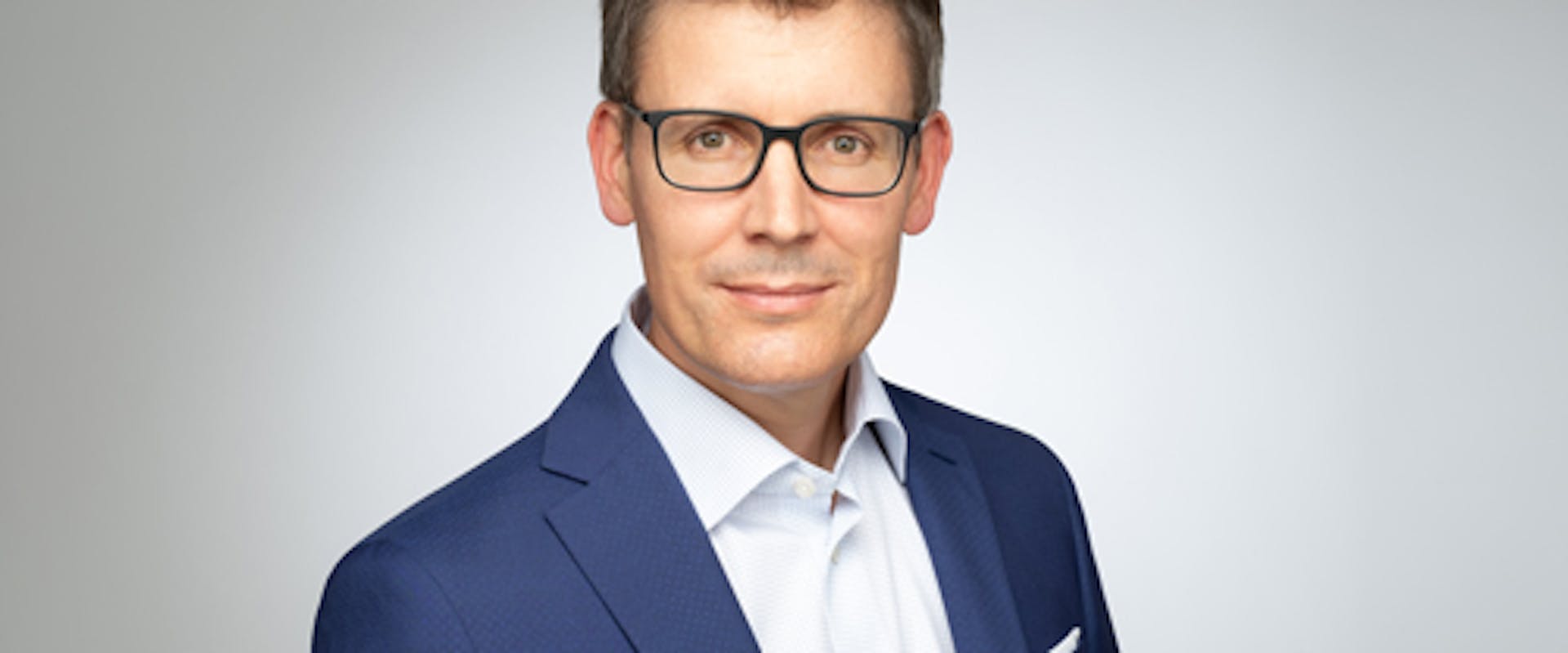February 11, 2021
5 QUESTIONS FOR ALEXANDRE PAUCHARD
Meet CSEM’s new CEO, Alexandre Pauchard, who took over on January 18, 2021. A father of two, and previously Head of Group R&D at Bobst, he shares his thoughts about CSEM and the future.

Meet CSEM’s new CEO, Alexandre Pauchard, who took over on January 18, 2021. A father of two, and previously Head of Group R&D at Bobst, he shares his thoughts about CSEM and the future.
